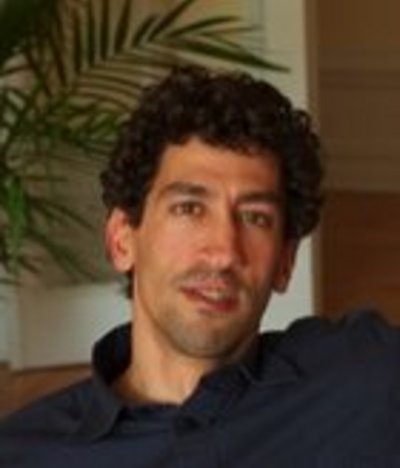Rui Pires da Silva Castro
Department / Institute
Group

RESEARCH PROFILE
Rui Pires da Silva Castro is an Assistant Professor in the Department of Mathematics and Computer Science at the Mathematics Department at Eindhoven University of Technology, (TU/e). His research interests are on the borderline of signal processing, learning theory and statistics, including learning theory, non-parametric and high-dimensional statistics, statistical signal and image processing, network inference, and pattern recognition.
Rui is also interested in active learning techniques, also known as sequential experimental design. These include learning/sampling procedures that are able to use information gleaned from previous samples to adapt the sampling procedure. Applications include, among others, network monitoring and measurement and effective spectrum analysis methods for opportunistic transmission in cognitive radio. Previously, Rui worked on Distilled Sensing (DS), a multi-step, selective (adaptive) sampling procedure for recovering sparse signals from noisy observations. DS results in dramatic quantifiable improvements over the best non-adaptive sensing methods for the estimation and detection of sparse signals in noise.
ACADEMIC BACKGROUND
Rui M. Castro received a Licenciatura degree in aerospace engineering in 1998 from the Instituto Superior Técnico, Technical University of Lisbon, Portugal, and a PhD degree in electrical and computer engineering from Rice University, Houston, Texas in 2008. Between 1998 and 2000 he was a researcher with the Communication Theory and Pattern Recognition Group, Institute of Telecommunications, Lisbon, and in 2002 he held a visiting researcher position at the Mathematics Research Center, Bell Laboratories Research. He was a postdoctoral fellow at the University of Wisconsin in 2007-2008, and between 2008 and 2010 he held an Assistant Professor position in the department of electrical engineering at Columbia University.
Rui Castro received a Rice University Graduate Fellowship in 2000 and a Graduate Student Mentor Award from the University of Wisconsin in 2007. He has been also a distinguished speaker in the Canadian Computer and Robot Vision Conference, and a plenary speaker in the Workshop on Information Theoretic Methods in Science and Engineering.
Recent Publications
-
Ivo V. Stoepker,Rui M. Castro,Ery Arias-Castro,Edwin van den Heuvel
Anomaly Detection for a Large Number of Streams
Journal of the American Statistical Association (2024) -
Gianmarco Bet,Kay Bogerd,Rui M. Castro,Remco van der Hofstad
Detecting a late changepoint in the preferential attachment model
(2023) -
Rui M. Castro,Fredrik Hellström,Tim van Erven
Adaptive Selective Sampling for Online Prediction with Experts
(2023) -
Shubham Gupta,K. Gururaj,Ambedkar Dukkipati,Rui M. Castro
Equipping SBMs with RBMs
Journal of Complex Networks (2022) -
Rui M. Castro,Tony Gracious,Shubham Gupta,Arun Kanthali,Ambedkar Dukkipati
Neural Latent Space Model for Dynamic Networks and Temporal Knowledge Graphs
(2021)
Ancillary Activities
No ancillary activities